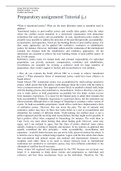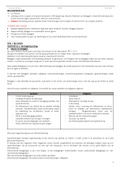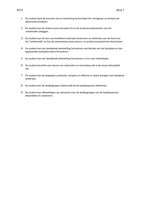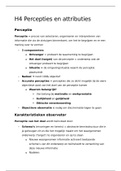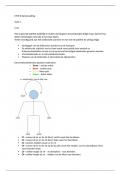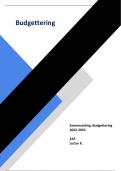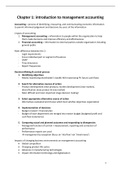Overig
Conflict and Crimes - Preparatory assignment about Transitional justice in practice: South Africa
- Instelling
- Vrije Universiteit Amsterdam (VU)
▪ What is transitional justice? What are the main dilemmas states in transition need to address? ▪ How do you evaluate the South African TRC as a means to achieve transitional justice? ▪ What alternative forms of transitional justice could have been effective in South Africa?
[Meer zien]
